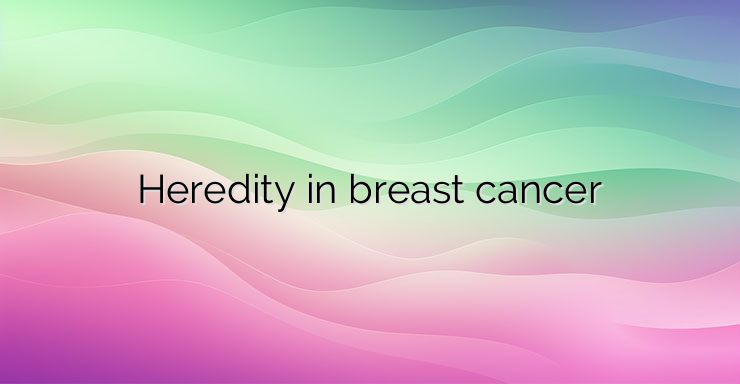Hey there! Did you know that breast cancer is the most common type of cancer among women, making up about 26.5% of all cancer cases in women worldwide? Scary, right? And despite all the medical progress we’ve made, the death rate from breast cancer is still alarmingly high.
In Bulgaria, it’s a particularly big concern. Around 1 in every 10 Bulgarian women is at risk of developing breast cancer, and every year, over 3,500 women in the country are diagnosed with it. What’s even more concerning is that the mortality rate for breast cancer in Bulgaria is higher than the European average, and the five-year survival rate for patients is lower.
We’ve come to understand more about why some families seem to have a higher risk of breast cancer than others. Advances in genetics and molecular biology have shown us that certain genetic mutations, like those in the BRCA1 and BRCA2 genes, play a significant role. These genes normally help repair damaged DNA, but when they’re mutated, they can’t do their job properly, increasing the risk of cancer.
Here’s the kicker: if one of your parents carries a mutation in one of these genes, you have a 50% chance of inheriting it. And if you do inherit it, your risk of developing breast or ovarian cancer shoots up to 90%. Scary odds, right?
But it’s not all doom and gloom. Genetic counseling and testing can help identify these mutations, especially for women with a family history of breast or ovarian cancer. If you’re found to have a high-risk mutation, there are different steps you can take to reduce your risk, like more frequent screenings, surgery, or preventive medications.
And it’s not just women who should be concerned. While breast cancer in men is rare, it’s still important for them to consider genetic testing for these mutations, as the results can provide valuable information for their relatives.
So, who should consider genetic testing? Well, if you have a family history of breast or ovarian cancer, especially if there are multiple cases or if the cancer occurred at a young age, it’s definitely something to think about. Other factors, like being of Jewish descent or having certain types of breast cancer, can also increase the need for testing.
Knowing your BRCA status can also affect your treatment options if you’re diagnosed with cancer. There are targeted therapies and clinical trials specifically for people with BRCA mutations, so it’s worth finding out.
In conclusion, breast cancer is a serious issue, but understanding your genetic risk and taking proactive steps can make a big difference. Don’t wait until it’s too late—knowledge is power when it comes to your health.


Leave a Reply